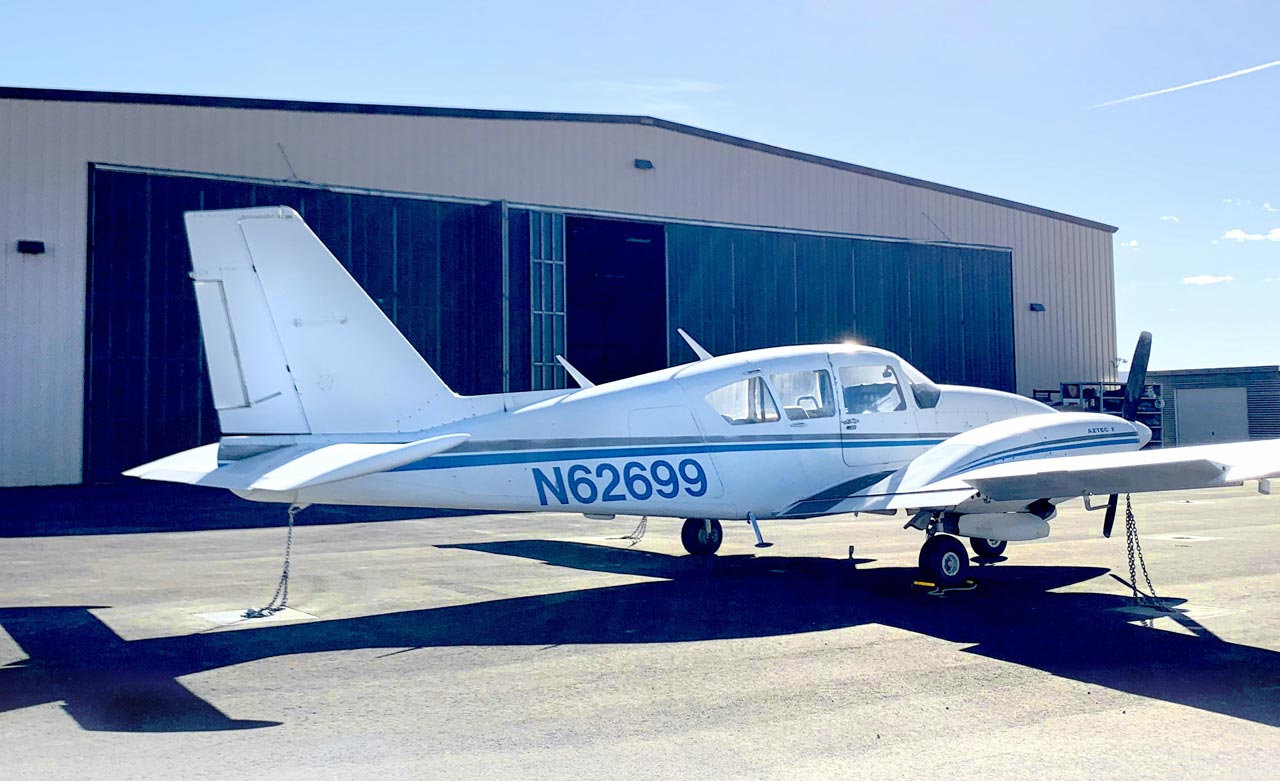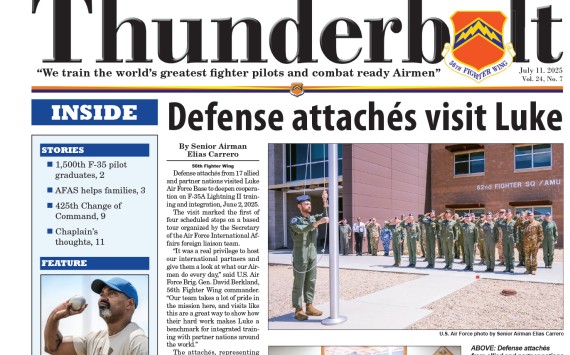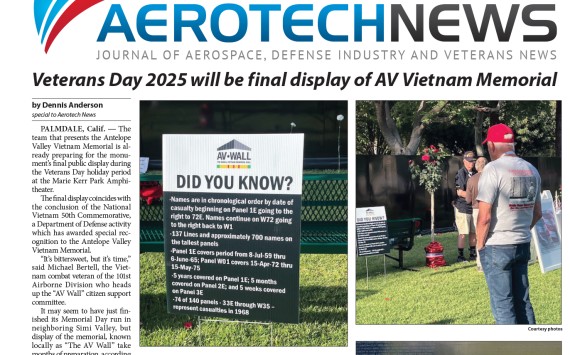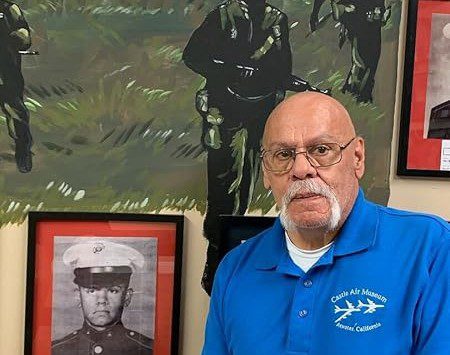As the COVID-19 pandemic wreaks havoc on various industries, aerospace in the Antelope Valley is thriving and growing, and Antelope Valley College continues to be at the forefront of training the newest generation of aerospace gurus.
On Feb. 19, AVC will officially open Fox Field, an aerospace teaching facility comprised of a 10,000 square-foot hangar, composite lab, computer lab and classroom/office space. The community college is the only in the state to offer this type of facility for hands-on learning.
While the facility is a new offering for the college and its aerospace students, AVC’s aerospace certificated programs began more than 20 years ago with the Aeronautical and Aviation Technology (AERO) Program.
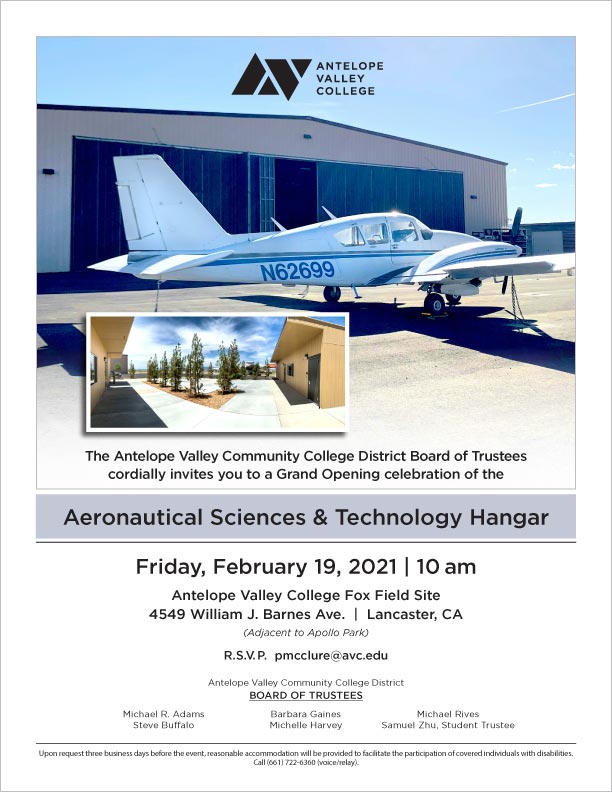
The AERO Program, a two year program approved by the FAA, is designed for students who are interested in working on U.S. registered aircraft and continues to be a launching pad for many students who succeed in aerospace careers. Since the first AERO classes started in 1990, the program’s students have gone on to become supervisors, managers, and directors in the industry making six digit incomes, and some also have become expert adjunct faculty for the Aeronautical Sciences & Technology Department, teaching the vary classes that they attended as students here at AVC.
In addition, Antelope Valley College is one of the few community colleges in the United States offering composites fabrication and repair through an eight week program in Aircraft Fabrication and Assembly (AFAB).
The AFAB program allows students to interview with aerospace company Northrop Grumman and immediately begin making well above $25 per hour.
For those looking to complete a four-year degree, AVC offers an Airframe Manufacturing Technology bachelor’s degree program that was created by the local aerospace industry in an effort to encourage more potential students to join the ranks of manufacturer and production line engineers. The program boasts 2,000 graduates in four years and a 94 percent job placement. The certificate is credit bearing and works with two and four year academic programs. Students gain employment with local industry partners as well as worldwide opportunities, as the program allows the student to take the Federal Aviation Administration exams to receive their Airframe & Powerplant certifications, which affords them the opportunity to work on any U.S. certificated aircraft anywhere in the world.
“Our students reflect a broad range of backgrounds, ethnicities, and genders. In recent years, we have seen more women joining the aviation ranks. Some students enroll directly from high school, others come out of homelessness and some are coming back to school for a change in career,” said Dean of Career Technical Education Dr. Maria Clinton. “It is amazing to see the progress and dynamic, positive effect that these programs can have on a student’s life and future — and during times of financial uncertainty like this, this is more needed than ever.”
Our programs are available now for individuals looking to replace a job that was eliminated due to COVID-19, those seeking to make a change in their career path and of course graduating high school students.






